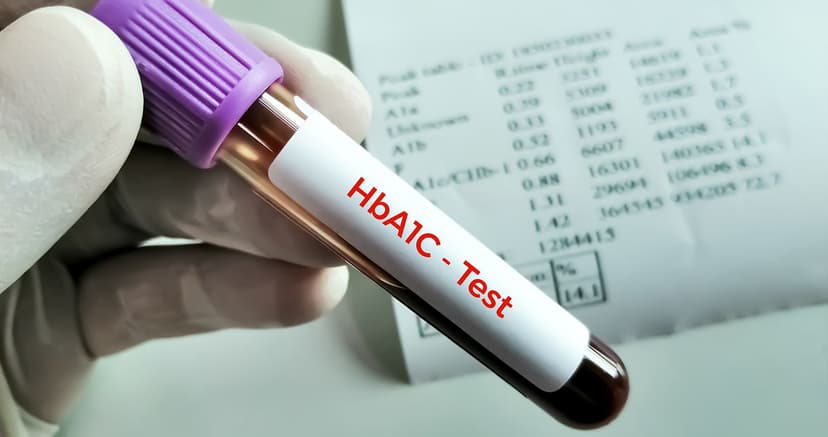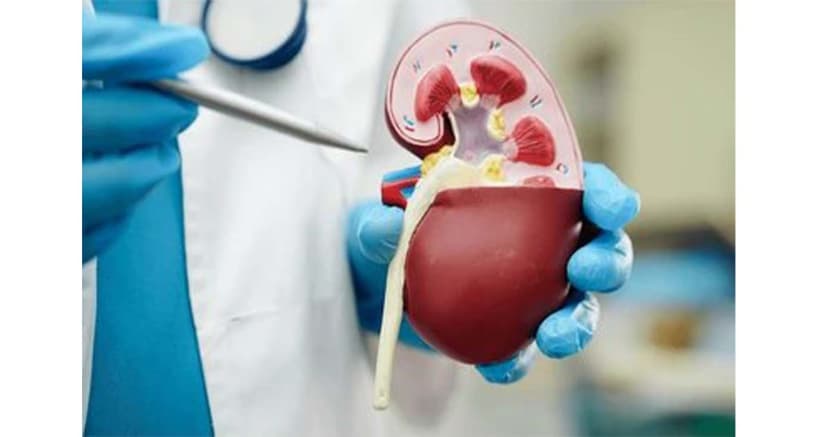Tele-ICU: How Virtual Critical Care is Enhancing Patient Outcomes
By:

Apex Hospitals
10-09-2024

Telemedicine has revolutionized healthcare, particularly during the COVID-19 pandemic, where remote monitoring became essential. One notable innovation is the Tele-ICU, which reshapes critical care by facilitating remote consultations for intensive care units (ICUs). Over the past few years, telemedicine in critical care has seen significant advancements, enhancing the delivery of clinical services and access to specialized medical expertise. This breakthrough has also demonstrated value by improving patient outcomes through more accessible and timely medical consultations.
What is Tele-icu?
Tele-ICU, or e-ICU or ICU telemedicine, is an innovative, technology-driven approach that connects remote critical care teams with patients in intensive care units (ICUs). This system leverages tools such as video conferencing, remote monitoring devices, and electronic health records to facilitate the continuous observation and management of critically ill patients.
Through Tele-ICU, intensivists, critical care nurses, and other healthcare professionals can monitor multiple ICU patients in real-time from a centralized location. It provides 24/7 support to hospitals lacking on-site essential specialists of care, enhancing patient care across various healthcare settings. The Electronic Intensive Care Unit (eICU) is a telemedicine model that employs cutting-edge technology to deliver additional critical care services to patients, regardless of their hospital location.
In the eICU framework, patients may be treated far from their critical care physicians. The Tele-ICU system connects ICUs with remote specialists, enabling real-time monitoring and assessment of vital signs, medical records, and other pertinent information. The primary aim is to ensure expert care for critically ill patients, facilitate prompt interventions, and improve patient outcomes.
Tele-ICU systems have sophisticated monitoring devices that track vital signs such as heart rate, blood pressure, and oxygen saturation. This data is transmitted in real-time to remote critical care specialists, who analyse the information and provide immediate feedback to the bedside healthcare team. This seamless communication fosters quick decision-making and timely interventions, ultimately enhancing patient care and minimizing the risk of adverse events.
Through the eICU platform, Tele-ICU establishes a virtual connection between patients, bedside healthcare providers, and remote critical care experts. Utilizing audio, video, and data transmission, the system enables continuous monitoring and interaction, allowing for immediate intervention when necessary.
Moreover, many Tele-ICU systems incorporate artificial intelligence algorithms to analyze extensive patient data, predicting potential complications or condition deterioration. These predictive analytics empower healthcare providers to address issues proactively, resulting in better outcomes for critically ill patients.
Additionally, tele-ICU programs often include educational resources and training for bedside staff, ensuring they remain current with the latest evidence-based practices and protocols in critical care medicine. This model allows intensivists and ICU nurses to communicate directly with bedside teams, providing real-time support and managing ICU patients remotely. Consequently, eICU expands access to quality care for more patients across multiple ICUs and hospitals.
What are the benefits of Tele-icu?
Tele-ICU offers several benefits that enhance patient care and improve healthcare delivery in critical situations. Here are some of the key advantages:
1. 24/7 Access to Specialists: Tele-ICU provides round-the-clock access to critical care specialists, ensuring that patients receive expert care at all times, even in facilities that lack on-site intensivists.
2. Improved Patient Monitoring: Continuous real-time monitoring of vital signs and medical data allows for timely interventions, significantly reducing the risk of complications and adverse events.
3. Enhanced Communication: The technology facilitates seamless communication between bedside healthcare teams and remote specialists, allowing for quick decision-making and collaborative care.
4. Broader Geographic Reach: Tele-ICU enables hospitals in remote or underserved areas to access specialized critical care, ensuring that more patients receive quality treatment regardless of location.
5. Efficient Resource Utilization: By connecting multiple ICUs to a centralized team of specialists, Tele-ICU can optimize staffing and resource allocation, leading to more efficient use of healthcare resources.
6. Improved Patient Outcomes: Tele-ICU has been shown to improve patient outcomes, including reduced mortality rates and shorter ICU stays, by enabling timely interventions and expert oversight.
7. Cost-Effectiveness: Tele-ICU can reduce the costs of transporting critically ill patients to specialized centres, as patients can receive expert care within their current hospital.
8. Family Support and Engagement: Tele-ICU systems can facilitate communication between families and healthcare teams, providing updates and allowing families to be more involved in their loved one's care.
Overall, Tele-ICU enhances the quality of care provided to critically ill patients while maximizing the efficiency and effectiveness of healthcare delivery systems.
Tele-ICU at Apex Hospitals
Apex Hospital is proud to offer eICU Critical Care Hope, a state-of-the-art remote monitoring system founded by Dr. Shailesh Jhawar, the best critical care doctor in Malviya Nagar, Jaipur. This innovative service is designed to provide critically ill patients with 24/7 access to expert care, utilizing advanced technology to ensure continuous monitoring and timely interventions.
Through the eICU system, patients in the intensive care unit receive top-tier care, regardless of their hospital location. Dr. Jhawar and his team leverage cutting-edge technology to monitor vital signs, provide real-time consultations, and deliver expert guidance to bedside staff. This comprehensive system ensures patients get immediate attention, leading to better outcomes and improved recovery rates.
At Apex Hospital, your loved ones deserve the best care when it matters most. Contact us today to learn more about our critical care services or to schedule a consultation.
FAQS
Related Articles
Connect With Us
Health In A Snap, Just One App.
KNOW MORE
























































































































































